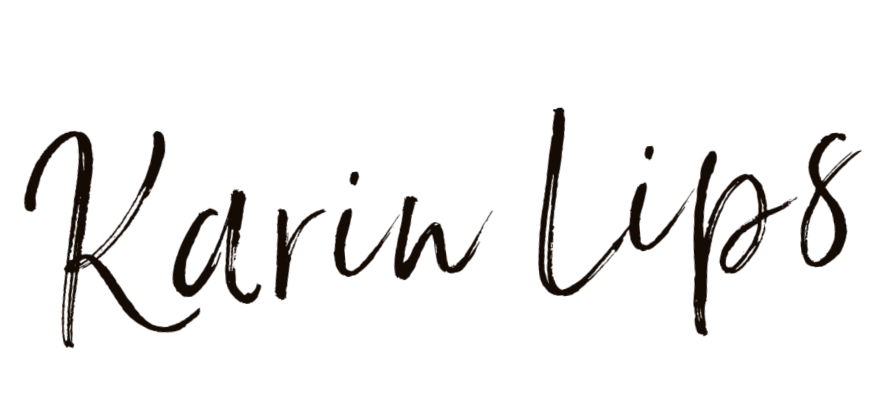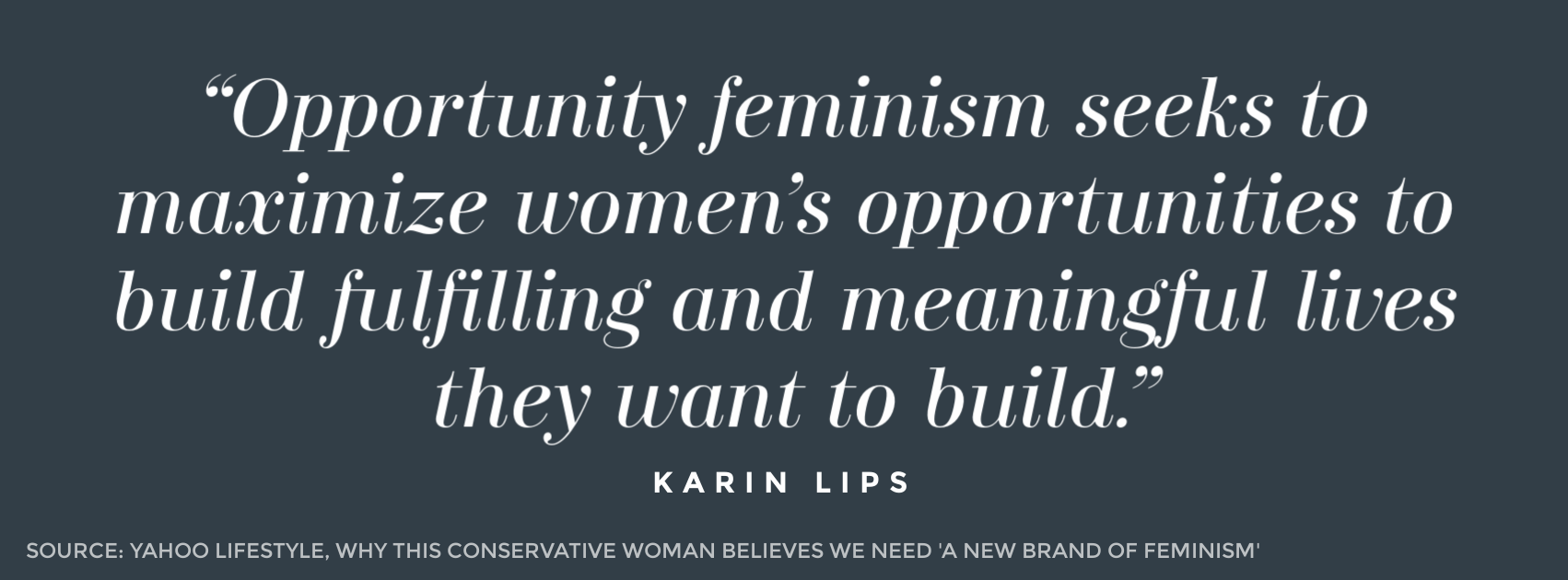How to avoid professors who penalize conservatives
Over the years, some students have faced failing grades as a result of liberal professors asserting their influence on campus. Students should be aware of this risk and avoid professors who police language in the classroom.
Take Olivia Krolczyk’s experience as an example. Students in a women’s gender studies in pop culture course at the University of Cincinnati were asked to write a paper on a topic related to feminism. Krolczyk, a chemistry major who ran cross-country and track in high school and at the start of her college career, decided to write on the opportunities and challenges female athletes have faced, including the subject of transgender athletes competing in women’s sports. That is indeed a timely topic and a personal one for Krolczyk.
BIDEN’S LAND GRAB HURTS WORKING PEOPLE
Her professor wrote, “Olivia, this is a solid proposal. However, the terms ‘biological women’ are exclusionary and are not allowed in this course as they further reinforce heteronormativity.”
Krolcyzk failed the project because of the language she used. Talking about biological differences is now controversial on campus. Krolcyzk’s professor stands by this grade , stating that Krolcyzk received a zero for the assignment, not the course. (But a zero for an assignment will mean a lower course grade, so this still is a significant penalty.)
After she contacted the university’s gender equality office, Krolcyzk’s project was regraded by another professor, and she earned an A .
Krolcyzk’s grade ultimately wasn’t affected, but I worry other students faced the same situation but didn’t get the same resolution.
After all, during the 2016-2017 school year, 60% of faculty identified as either far left or liberal compared to just 12% responding as conservative or far right. Faculty are becoming more liberal: 42% of faculty identified as being on the Left and 18% were on the Right in 1989-1990. What’s striking is that in the same period, only about a quarter of Americans self-identified as liberal, and the percentage stayed about the same; Americans went from 26% self-identifying as liberal in 1989 to 24% self-identifying as liberal. Campus professors are becoming even more liberal than general society.
Here’s some advice: There are liberal professors, and there are unfairly biased liberal professors. Avoid the latter.
Some liberal professors encourage the free exchange of ideas with students. During one of my college classes, my liberal professor would sometimes turn to me after her lecture and ask for my conservative take on the subject. I often found it challenging to come up on the spot with an intelligent and considered response to her liberal interpretation of events. But it showed that she was giving me a chance and really helped me develop my critical thinking skills. Not all professors do this.
While we all have our own point of view, there are some professors who see their point of view as the only valid one and penalize those who think differently — professors such as Krolcyzk’s. When I became outspoken as a conservative on campus, I avoided some professors. Students, especially those at the University of Cincinnati, should use this strategy.
Students should learn by word of mouth the professors to avoid. One way to do this is to ask upperclassmen. Sometimes, it is challenging to avoid a professor due to major requirements, a topic, or timing, but when a professor is known as being unfair to conservatives, try to stay clear. While students should make time to hear different points of view, it is difficult to have fruitful and productive conversations with the fear of bad grades hanging over them.
There are other avenues on campus to find such conversations. Look for those.
Karin Lips ( @klips ) is a contributor to the Washington Examiner’s Beltway Confidential blog. She is the founder and president of the Network of Enlightened Women, as well as a senior fellow with the Independent Women’s Forum.
This piece was originally published by the Washington Examiner.


